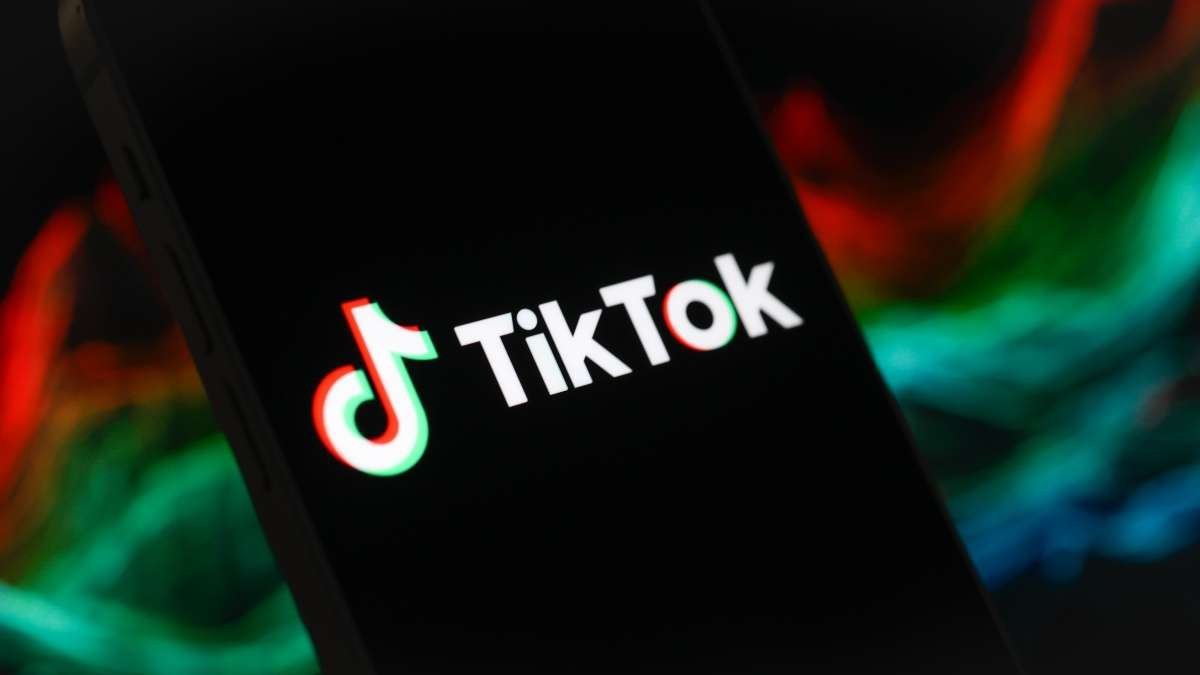Montana Becomes First US State to Ban TikTok – Montana has become the inaugural state in the United States to prohibit the usage of TikTok, following the governor’s approval of a bill that restricts mobile application stores from making the app available within the state starting from next year. This action represents one of the significant steps taken by the US government in its ongoing efforts to address concerns regarding TikTok, which is owned by the Chinese technology firm ByteDance.
The growing scrutiny surrounding TikTok’s connections to China has raised apprehensions about potential national security risks. The US federal government, along with a majority of states, has implemented restrictions on the usage of the app on government devices. Additionally, the Biden administration has issued a warning of a potential nationwide ban unless the parent company of TikTok divests its ownership.
People Also Read: US Sanctions Russian Accused of Being a ‘Central Figure’ in Major Ransomware Attacks
The company has consistently denied allegations of sharing data with the Chinese government, emphasizing that it has never engaged in such practices and reiterating its commitment to not comply with any requests for data sharing from the Chinese government. TikTok said in a statement that the Montana bill “infringes on the first amendment rights of the people of Montana by unlawfully banning TikTok”, and that the company intends to “defend the rights of our users inside and outside of Montana”.
During a bipartisan congressional hearing in March, TikTok’s CEO, Shou Zi Chew, faced the task of defending the company’s ties with China. Lawmakers questioned the CEO not only about the company’s relationship with China but also about the potential negative effects of the social network on the mental health of young individuals. As one of the most widely used social networks globally, TikTok boasts over 100 million users in the United States.
However, uncertainties persist regarding the implementation and consequences of these bans, particularly concerning the impact on content creators who heavily rely on the platform. Commencing on January 1st, Montana’s recently enacted legislation prohibits the downloading of TikTok within the state. It imposes a penalty of $10,000 per day on any “entity” – be it an app store or TikTok itself – for every instance where individuals are provided the opportunity to access the social media platform or download the app.
Notably, these penalties do not apply to users themselves. Anticipated to encounter legal challenges, Montana’s ban will serve as a crucial experiment for the realization of a TikTok-free environment, an idea that numerous national lawmakers have envisioned for the United States. Gianforte additionally implemented a prohibition on the utilization of social media applications on government-issued devices, specifically targeting those that gather and share personal information or data with foreign adversaries.
The list of apps specified by Gianforte includes WeChat, whose parent company is based in China, and Telegram Messenger, which originated in Russia. Critics view the measure as an instance of excessive government interference and argue that Montana residents could easily bypass the ban by employing a virtual private network (VPN). VPN services secure internet users’ data traffic through encryption, effectively blocking any potential observers from monitoring their online activities.
People Also Read: Meta Says About 10% of its Global Ad Revenue at Risk From EU Data Flows Order
On the other hand, proponents of internet freedom and various other individuals have voiced their disapproval of the US crackdown, asserting that it amounts to censorship. Keegan Medrano, policy director for the ACLU of Montana, said the legislature “trampled on the free speech of hundreds of thousands of Montanans who use the app to express themselves, gather information and run their small business in the name of anti-Chinese sentiment”.
NetChoice, a trade group that counts Google and TikTok as its members, called the bill unconstitutional. “This is a clear violation of the constitution, which prohibits the government from blocking Americans from accessing constitutionally-protected speech online via websites or apps,” Carl Szabo, who serves as the group’s vice president and general counsel, said in a statement.




